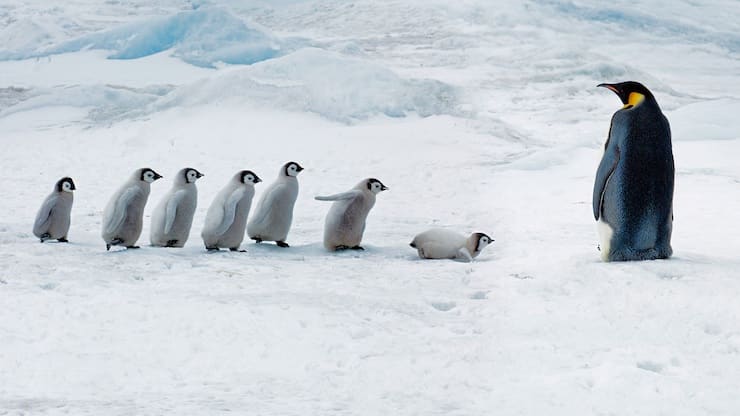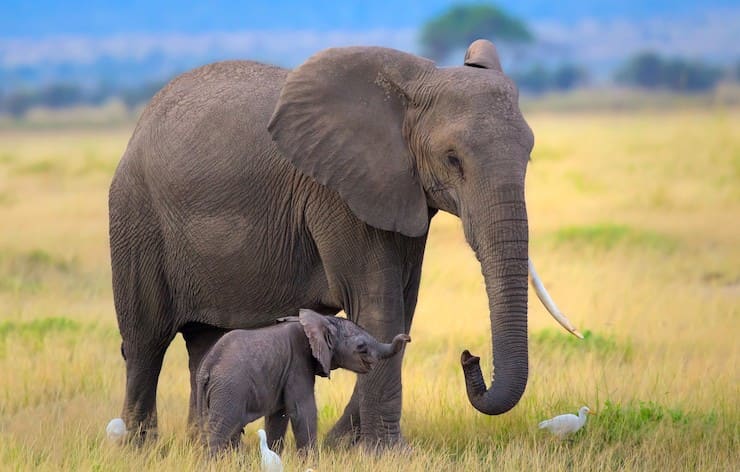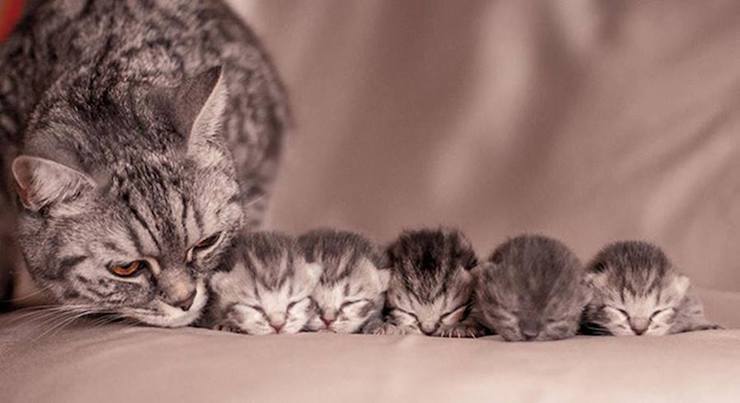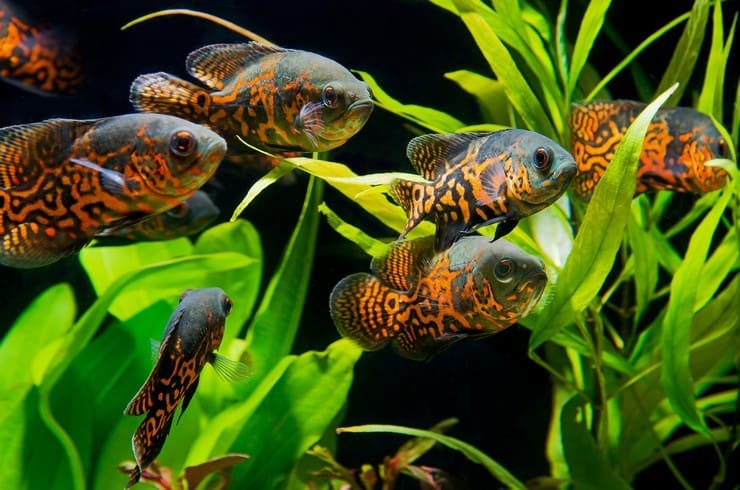It is human nature to carefully preserve their family ties. We closely communicate with grandparents, honor the memory of our ancestors. In animals, the attitude to this issue is much simpler. Unless primates are closer to us in terms of their degree of consciousness. Nevertheless, mammals and birds show concern for their offspring. Parents quickly remember their children, sometimes even killing strangers who try to join the brood. And it is very important for kids to learn to recognize their parents. But how does it happen?
BY TOPIC: Are elephants afraid of mice: fact or myth?
When parents leave their cubs alone, they are forced to hide from enemies, reappearing with the return of guardians. And the same birds often live in colonies of thousands of individuals. And if they could not recognize their children, then the food would go to the same, the most impudent chicks, while the rest would be forced to suffer from hunger. So, there is some kind of natural mechanism of interaction between parents and children!
But a cunning person still tries to deceive nature. Back in the middle of the 20th century, the Austrian zoologist Konrad Zacharias Lorenz studied the phenomenon of attachment of living beings to their children. This connection is called “imprinting” or “imprinting”. We are talking about a kind of figurative memory, which forms primary social ties in young beings. Toddlers recognize their parents not only externally, but also due to smell and voice.
Imprinting is associated with a certain period of life, it is called sensitive or, simply, sensitive. The duration of this period is directly affected by the images received by the creature.
A young mother immediately learns to recognize a newborn kid. Licking and sniffing the baby, the goat forms certain chemical association signals in its brain. And a baby zebra needs to learn to recognize its mother by her stripes. Immediately after birth, she walks in circles around the foal so that he remembers her well. After all, it is worth the cub to get lost – he is practically doomed, his other mother will not accept.

Meerkats have learned to recognize each other by voice, but they also have their own individual codes. In young mammalian predators, the emphasis is on warm and soft parts of the body, with which there is frequent contact during this tender period.
Imprinting plays a very important role in penguins. These birds even have a kind of “kindergartens”. There, adults watch the entire brood while their parents forage for food. But the feeding is targeted – parents need to find their own chick in the crowd of hungry youth and feed it. The ability to determine parental voices also contributes to this, which the chick learns while still in the egg.

Imprinting is used in the domestication of dogs and in the care of orphaned puppies. Dogs are noted for the ability to sometimes adopt even cubs of a different species.
In general, the period of remembering the parent is short, especially if the animals are born with already developed sense organs and motor organs. A goat needs only a few hours after its birth to remember its baby. And even if the kid is taken away for a while, and then returned, she will accept him, remembering the appearance, smell and voice. Also, chickens, goslings and ostriches need several hours to remember the parent immediately after birth.
But if animals from birth cannot move and get their own food, then their attachment to their parents is stronger, which determines a longer sensitive period. So, the mouse learns to recognize its mother for several days, although it understands its smell almost immediately from birth. A few days after giving birth, the mouse itself is also required to get used to the children. If after this time you try to give her foundlings, then the female will simply kill them. But caged mice exhibit other interesting behaviors. If two or three females live nearby, then they form one nest, in which each mother takes turns feeding the common brood.

The already mentioned zoologist Lorenz, using the imprinting of gray goose chicks, proved that not only representatives of other species, but even inanimate objects can act as “parents” for him. So a person is quite capable of becoming a “mother”. But here one should already be careful – if freedom awaits the animal in the future, then it is necessary to accustom it to life among its relatives. It is no coincidence that when growing Siberian Crane chicks, people who come into contact with them wear special costumes. But even this form of communication reinforces in birds the image of a person as a close social object. In special cases, you have to leave the cubs in enclosures – in the wild, they will not be able to survive.
BY TOPIC: Is it possible to get a chicken from a store egg?
Difficulties with imprinting can develop if the mother for some reason abandoned her child. For example, for cats in the first hours after birth, an important recognition tool is smell. If the cubs are taken away at this moment, and then returned with a stranger, then the mother will not notice changes in the family. It even happened that domestic cats fed kittens, even without giving birth at all.

Not only does a person artificially form strange mother-child pairs, sometimes this happens naturally in nature. So, the lioness can start taking care of the antelope’s babies. This can happen if a predatory cat loses its offspring. But the maternal instinct requires realization, so random creatures become its object. But such antelopes are unlikely to have a long life – after all, other lions, devoid of sentimental feelings, live nearby.
Another interesting experiment was carried out with cichlid fish. Their adults eat fry of other species, even if they are the same size as their own offspring. Scientists replaced one young couple, waiting for the first offspring, with caviar for a close view. The fry hatched and the parents raised them, now eating fry of their own kind. Abnormal behavior was associated with the formation in the brain at the time of its increased susceptibility of a certain imprint. The fish remembered their fry at the moment they hatched, considering others as potential food.

Imprinting is quite strong, it is perhaps impossible to completely cancel it. But it is possible to correct the results. Over time, parental ties weaken, but new ones are formed, including sexual ones.
See also:
.
The post How do animals recognize/distinguish their children from strangers? appeared first on Gamingsym.
